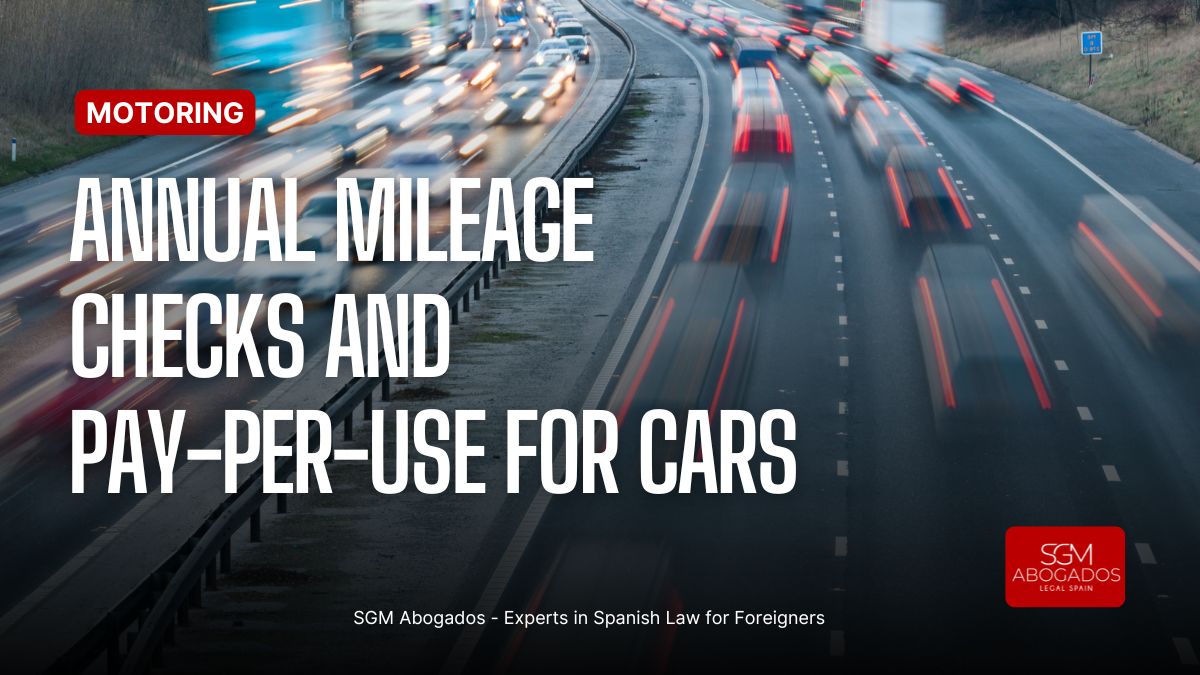Getting Divorced, what about the House?
It's an unfortunate situation that many married couples find themselves in - a scenario that could be likened to a nightmare.
You've jointly invested in a property, potentially with a shared mortgage, but now you're facing the prospect of divorce. What comes next?
Divorces, as one would expect, can be further complicated by various factors. Is the separation amicable? Are there children involved? Was there a prenuptial agreement in place? And, naturally, do you share property holdings?

The issue of property, in particular, can exacerbate what is already a stressful time for many individuals. Questions about ownership, legal entitlement, who retains possession, and who assumes responsibility for the mortgage can lead to friction.
So, what are the regulations governing property division in Spain in the event of a divorce?
In Spain, the outcome regarding property in a divorce varies based on the specific circumstances.
In the most straightforward situation, when there are no children involved and both spouses possess equal shares of the property, there might be a mutual decision to sell the property and distribute the proceeds evenly.
What happens to the mortgage in the event of a divorce?
If the mortgage is in both spouses’ names, technically, both individuals are responsible for the monthly payments. The financial institution may pursue payment from both parties. According to Josep Vera, director of business development at Hipotecas.com, “the individuals named on the loan and who own the home are obligated to fulfill their responsibilities, whether they are married or divorced.”
In straightforward terms, those who are signatories on the mortgage agreement and are listed as debtors must uphold their financial obligations, irrespective of their marital status.
However, the situation can be more nuanced, and there are legal avenues to address this. In such cases, both partners can come to an agreement on the division of assets and decide who will assume the mortgage. If one person takes on the loan, it may be advisable to approach the bank for a mortgage restructuring. It’s worth noting that certain banks may reevaluate the terms of the mortgage offer based on the financial circumstances of each party and how the contract change might impact loan repayment.

What about the children?
If you have children, they can significantly impact property division.
In simple terms, child custody arrangements directly influence the usage of the house and the handling of the mortgage. As a general guideline in Spain, the children typically remain in the family home with the parent who has been granted legal custody. However, the responsibility for mortgage payments, in these cases, falls on the owner, regardless of whether they reside in the house or have custody.
So, theoretically, you could be the mortgage owner. Still, if you don’t have custody of your children, you’ll be covering the mortgage for a property you don’t inhabit.
Extinción de condominio
Another option, which is quite common in Spain when it comes to property and divorce conflicts (and in shared properties more broadly), is an “extinción de condominio.” This can be roughly translated as the liquidation or dissolution of co-ownership, although it is sometimes referred to as the dissolution of joint property ownership.

What is an “extinción de condominio”?
An “extinción de condominio” essentially refers to the process of liquidating the joint ownership of a property. This can typically be accomplished either through a mutual agreement between the parties involved or through a legal procedure that culminates in the compulsory sale of the property.
With an agreement
One potential resolution involves an “extinción de condominio” with an agreement, where one party opts to sell their share and receives financial compensation from the other.
For instance, if your former partner expresses a desire to retain the property while you do not, an option is to transfer your share to them in exchange for a monetary equivalent. This represents one of the more straightforward methods.
Alternatively, you may jointly choose to sell the property and divide the proceeds between you.
Without agreement
This is where complications can arise. An “extinción de condominio” without a pre-existing agreement typically leads to a legal dispute and the property being auctioned in front of a judge.
Legal experts in Spain strongly advise coming to an agreement before it reaches this stage. This situation arises when one party does not consent, triggering legal proceedings for a compelled dissolution of ownership.
Tax benefits
However, there are potential tax advantages associated with an “extinción de condominio”. When one co-owner “acquires” the share of the other, it is not taxed in the same manner as a typical property sale.

While property sales can incur a tax rate of approximately 6-10 percent, depending on the region, an “extinción de condominio” is subject to a much lower tax rate of 0.5-1.5 percent (again depending on the region).
For tax purposes, opting for an “extinción de condominio” with an agreement is a prevalent choice among divorcing couples who jointly own property in Spain.











